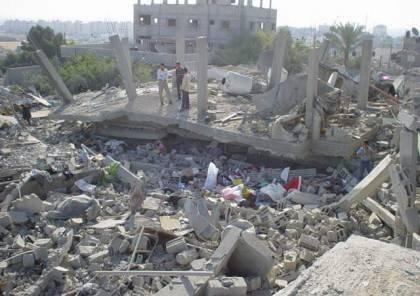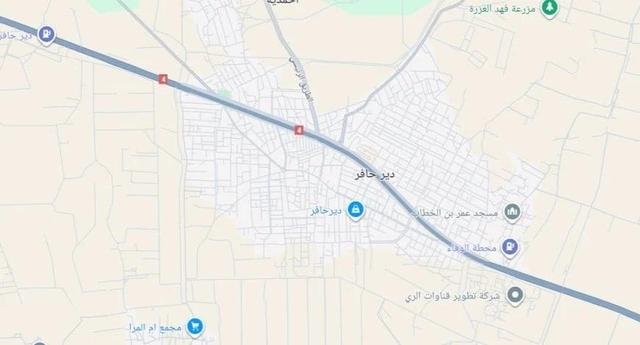Iran's president says capital must move from Tehran over ecological concerns
Iran's president says capital must move from Tehran over ecological concerns

Iranian President Masoud Pezeshkian has suggested his country's capital will need to be moved from Tehran due to ecological unsustainability in the city.
Speaking at a meeting in Qazvin, the president warned that relocating the capital would become unavoidable given the overcrowding and water shortages in the city of 9.7 million.
His government has proposed the underdeveloped Makran region in southeastern Iran as a possible new location.
"When we proposed relocating the capital, we lacked the budget - otherwise it might have happened," Pezeshkian told officials.
"People said it was impossible, but now it’s no longer optional."
Pezeshkian said continuing to develop Tehran was unsustainable.
"We can’t keep adding population and construction here. Expansion is possible, but the water problem cannot be solved," he said.
Concerns over water shortages have been mounting in Tehran, which has been struck by a crippling drought with Iranian media even speculating about the possibility of evacuating the capital.
Environmental experts have said the city needs to use water-saving equipment and shift to modern water management methods.
They have warned that, alongside the ongoing drought, poor management of water resources is a major cause of rationing in the capital.
Hassan Akhani, a prominent environmental expert, told the reformist Arman-e Melli outlet earlier this week that the government had repeatedly ignored their warnings.
“We said years ago that Tehran’s ecological capacity had reached its limit and no one paid attention,” he said.
“The fact that no one listened is not our fault, and there is nothing more we can do.”
Tehran’s dams normally supply 70 percent of the city's water, with the rest provided by underground resources. Low rainfall and increased evaporation have, however, reduced the dams’ water share and put pressure on groundwater.
Pezeshkian has been among those repeatedly warning about the need for action over Tehran's water crisis.
Last month, he said he had raised the prospect of moving the capital with Iran's Supreme Leader Ali Khamenei.











